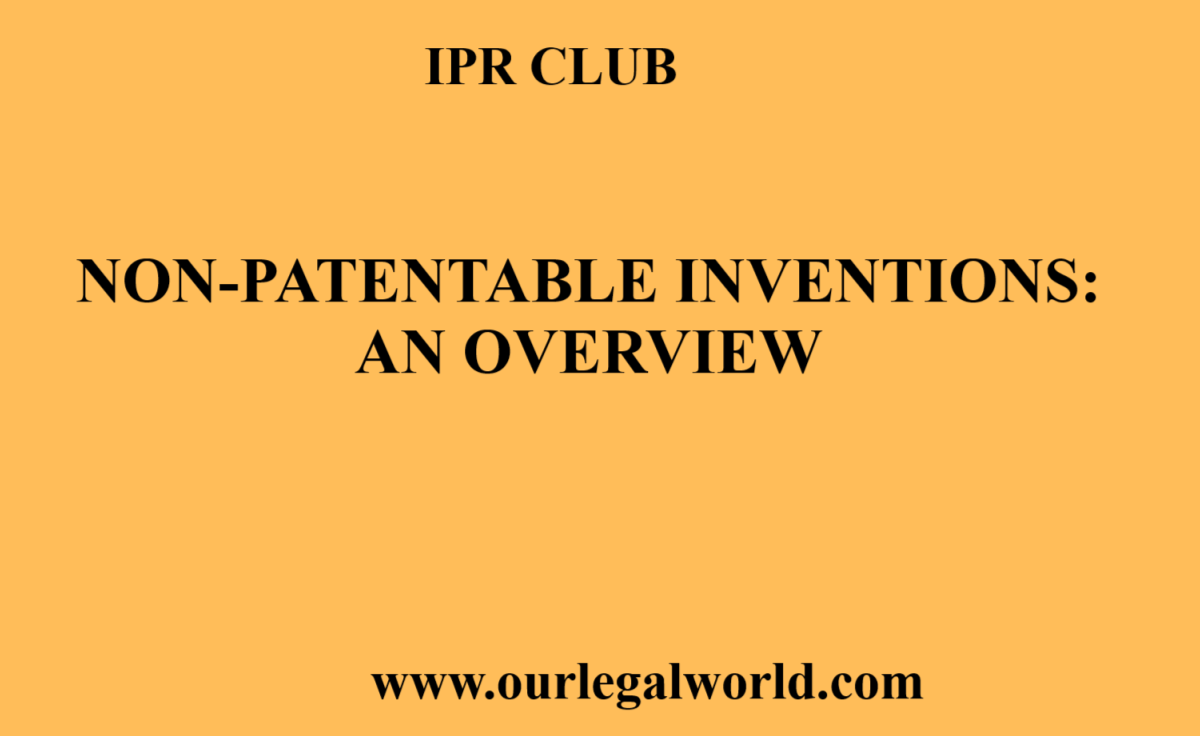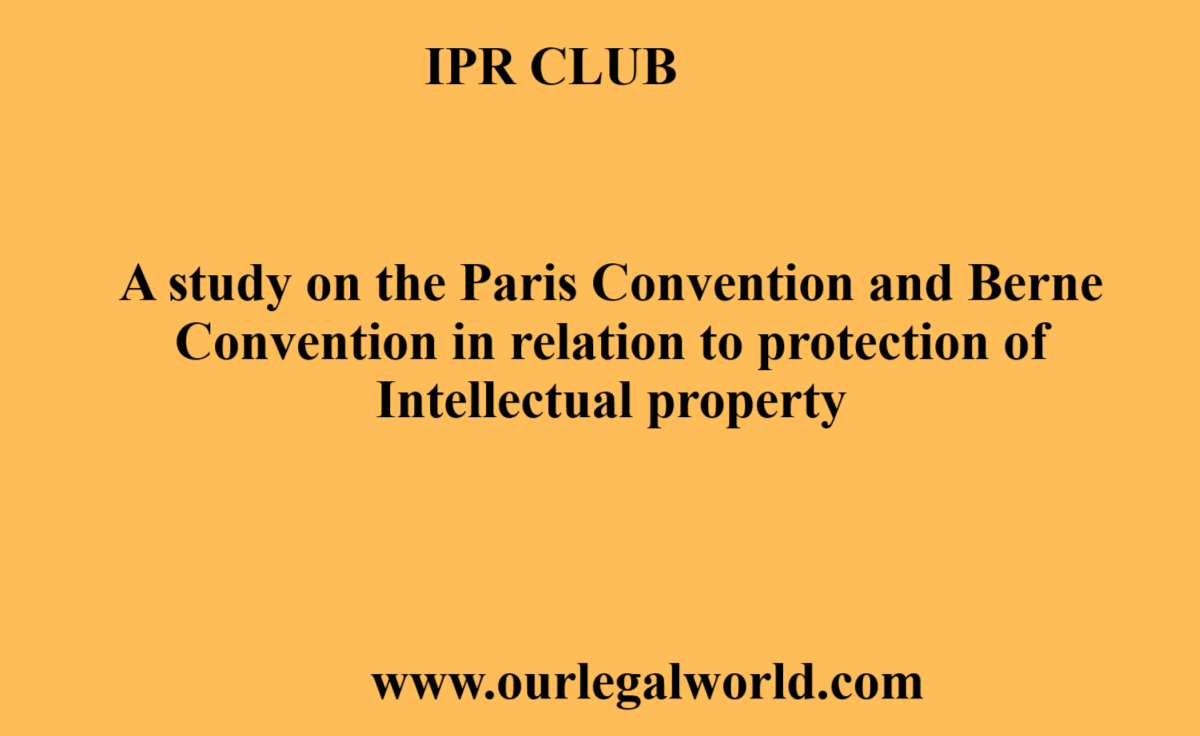Important Judgment of Supreme Court of India Delivered in 2017
1. Right to Privacy is A Fundamental Right
Supreme Court of India Settling the decades long debate on the issue of the right to privacy being a fundamental right, the Court held that right to privacy is protected under Article 21 of the Constitution of India. In a unanimous decision, a nine -Judge Constitutional Bench overruled its earlier judgments
M. P. Sharma And Others vs Satish Chandra, Kharak Singh vs The State Of U.
P. & Others.
P. & Others.
The Petitions were disposed of in the following terms:
·The decision in M P Sharma that
privacy is not a fundamental right stands overruled.
privacy is not a fundamental right stands overruled.
·The decision in Kharak Singh
that privacy is not a fundamental right stands overruled.
that privacy is not a fundamental right stands overruled.
·Right to privacy is protected
as intrinsic part of right to life and liberty.
as intrinsic part of right to life and liberty.
·All decisions subsequent to
Kharak Singh makes the position clear and will hold the field.
Kharak Singh makes the position clear and will hold the field.
2. Triple Talaq is Unconstitutional
In a landmark judgment related to Muslim Personal Law, Supreme Court of India declared the practice of Triple Talaq as unconstitutional by a 3:2 majority. While Justices Nariman and Lalit held that instant Triple Talaq is unconstitutional and violative of Article 14 (Right to Equality),Justice Joseph struck down the practice on the ground that it goes against Shariat and the basic tenets of the Quran.
3. Placing Ordinance Before Legislature Mandatory; Re-Promulgation Fraud On The Constitution
A seven Judge Constitution Bench of the Supreme Court in Krishna Kumar Singh v. State of Bihar held that re-promulgation of ordinances is a fraud on the Constitution and a subversion of democratic legislative processes. The court also held that the satisfaction of the President under Article 123
and of the Governor under Article 213 while issuing ordinances is not immune from judicial review.
and of the Governor under Article 213 while issuing ordinances is not immune from judicial review.
With regard to the question of placing the Ordinance before the Legislature, the majority judgment authored by Justice D.Y. Chandrachud held that the requirement is mandatory. Justice M.B. Lokur, however, opined that it is directory in nature. Further Chief Justice of India T.S. Thakur, in his separate concurring opinion, observed, “I would, in that view, leave the question of interpretation of Articles 123 (2) and 213(2) in so far as the obligation of the Government to place the ordinance before the Parliament/legislature open.”
4. Sex With Minor Wife Is Rape
A two Judges Bench of Supreme Court held that sexual intercourse with minor (below 18 years) wife is rape. Justice Deepak Gupta in his Judgment Clarified that Section 198(6) of the CrPC will apply to cases of rape of “wives” below 18 years, and cognizance can be taken only in accordance with the provisions of Section 198(6) of the Code. To this end, the Court read down exception 2 to Section 375 (which defines rape) of the IPC (as amended by the Criminal Law (Amendment) Act, 2013) which allowed such a sexual act. The age of consent has been made 18 from 15 in these cases.
5. Seeking Vote In The Name Of Religion/Caste Is Corrupt Practice
The Supreme Court held that seeking votes in the name of religion, caste or
community amounted to corrupt practice and election of a candidate who
indulged in it can be set aside. A seven judge constitution bench of the of the
Court headed by Chief Justice T.S. Thakur passed the ruling by a 4:3 majority.
community amounted to corrupt practice and election of a candidate who
indulged in it can be set aside. A seven judge constitution bench of the of the
Court headed by Chief Justice T.S. Thakur passed the ruling by a 4:3 majority.
The bench, while interpreting Section 123(3) of the Representation of Peoples Act, observed, “We will not go into the larger debate as to what is Hindutva or what is its meaning. We will not re-consider the 1995 judgment and also not examine Hindutva or what is its meaning. We will not re-consider the 1995 judgment and also not examine Hindutva or religion at this stage. At this stage, we will confine ourselves to the issue raised before us in the reference. In the reference, there is no mention of the word ‘Hindutva’. If anybody will show that there is a reference to the word ‘Hindutva’, we will hear him. We will not go into Hindutva at this stage.”
6. Criminal Conspiracy Charges Restored Against LK Advani And Others
One of the political ramification Babri Masjid demolition case, the Supreme Court restored criminal conspiracy charges against senior BJP leaders L.K.
Advani, Union Minister Uma Bharti, Murli Manohar Joshi and 13 other in the 1992 Babri Masjid demolition case. Invoking its extraordinary constitutional
powers under Article 142 of the Constitution, the bench of justices P.C. Ghose
and Rohinton Nariman also transferred the pending separate trial in a Rae
Bareilly Magistrate court and clubbed it with criminal proceedings in the
Lucknow CBI Court.
Advani, Union Minister Uma Bharti, Murli Manohar Joshi and 13 other in the 1992 Babri Masjid demolition case. Invoking its extraordinary constitutional
powers under Article 142 of the Constitution, the bench of justices P.C. Ghose
and Rohinton Nariman also transferred the pending separate trial in a Rae
Bareilly Magistrate court and clubbed it with criminal proceedings in the
Lucknow CBI Court.
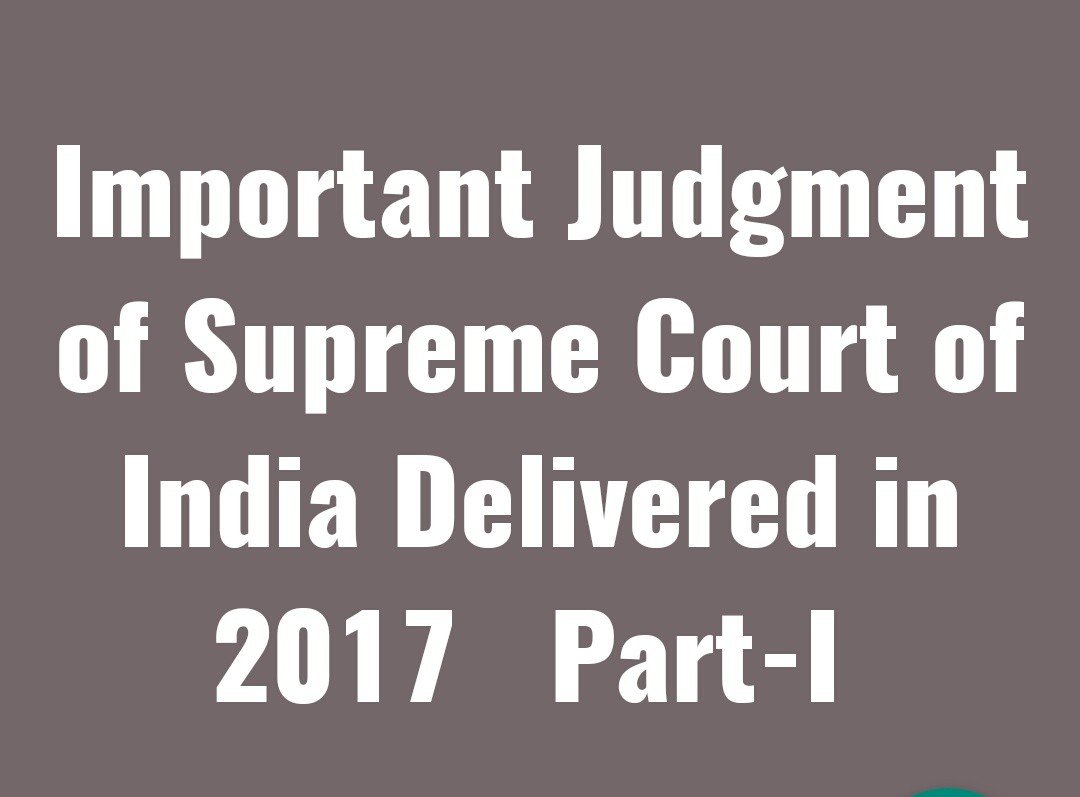



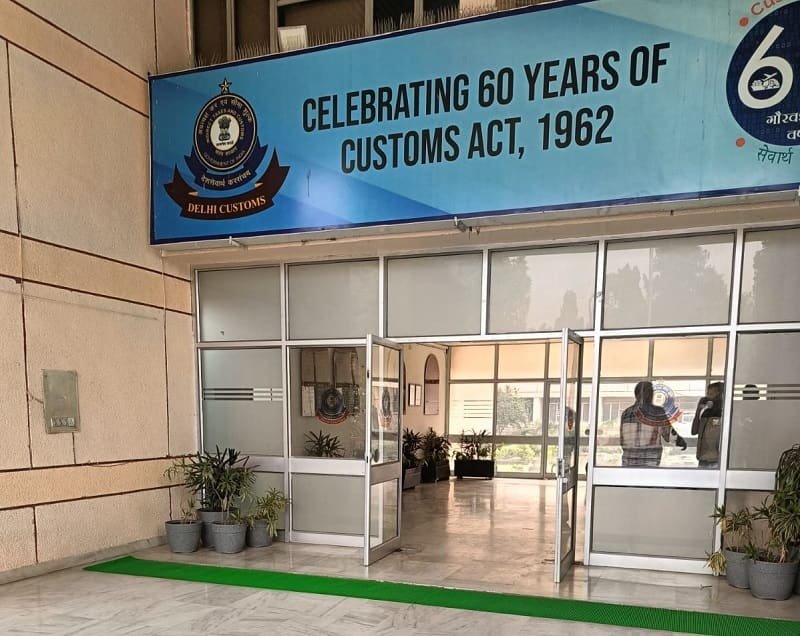
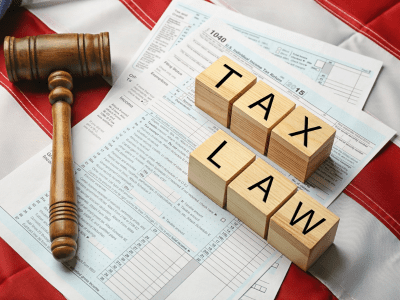
![Jamia Hamdard Mediation Competition 2025 at School of Law, HILSR [21st February 2025]](https://ourlegalworld.com/wp-content/uploads/2024/12/Screenshot-11-min-1.png)
